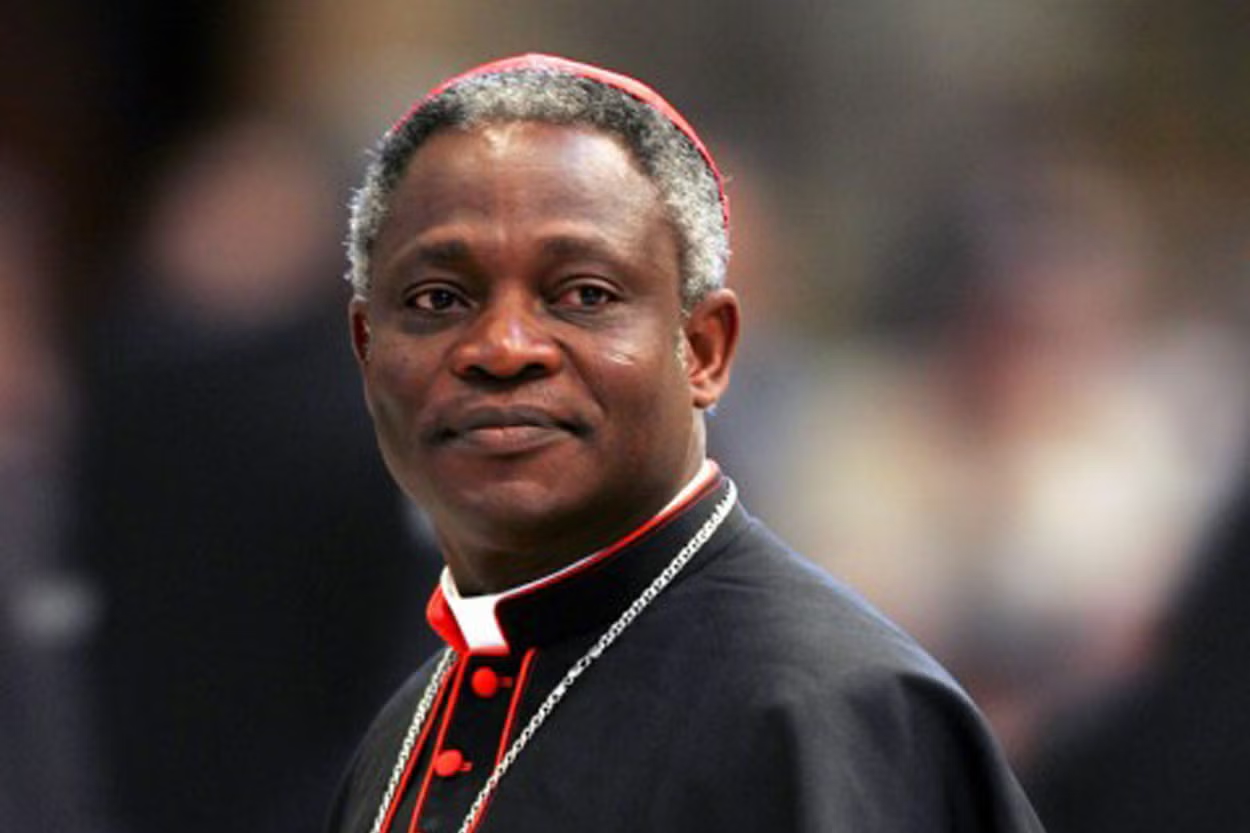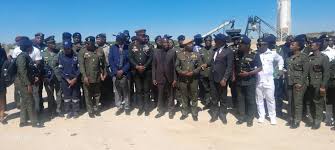IMF and World Bank policies have brought “very little” to the average worker, women, children and the vulnerable in society and placed African governments in a dilemma, a minister has admitted.
The Minister of Manpower Development and Employment, Mr. Yaw Barimah, made the admission in his keynote address at the 2nd ordinary congress and 10th anniversary celebration of the Democratic Organisation of African Workers Trade Union (DOAWTU).
Speaking on the theme “Social Dialogue and Trade Union Unity” in Accra, Mr. Barimah said: “the effect of IMF and World Bank policies have brought very little to the average worker… while civil society is wondering whether the continent should continue, government is worse off as it bears the brunt of anger of the citizenery and trade unions even wonder whether government institutions have not sold themselves out.”
Mr. Barimah said it was in the quest of possible solution at creating employment and expanding the economy that the government embarked on the innovation known as Presidential Special Initiative (PSI), which focuses on selected commodities with which Ghana intends achieving maximum economic advantage.
He emphasised that the government is prepared to facilitate whatever project in which DOAWTU’s international partners would want to invest in the country, adding that “government is mindful” of the various forms of assistance DOAWTU has availed many unions in Ghana.
The Minister pointed out that African countries needed peace to build from the ruins of their economic catastrophes and that workers can only ply their trade and enjoy the fruits of their labour in peace.
The Government, he said, would not encourage anarchy and unhealthy rivalry in the name of freedom of association and that if Ghana were making modest economic gains, it was through the combination of capital and labour and the effective use of social dialogue.
According to him, trade unions can rely on the expertise of their international and local partners to be represented by resource persons who understand the art of negotiations in all its form.
Mr. Barimah stated that the government might not be able to meet all demands made by workers because the economic indicators cannot help them. “More often than not workers make certain demands which may be genuine, having regard to a given economic condition, but the policy maker may not be able to meet those demands because the economic indicators cannot support them,” he explained. Pointing out that workers have tended to view one another with suspicion, the Minister said there was the need to work towards removing areas of suspicion and misunderstanding by constantly engaging in constructive dialogue, adding that to have effective social dialogue, there is the need to show sympathy and understanding to one another’s problem
Source: GhanaWeb










